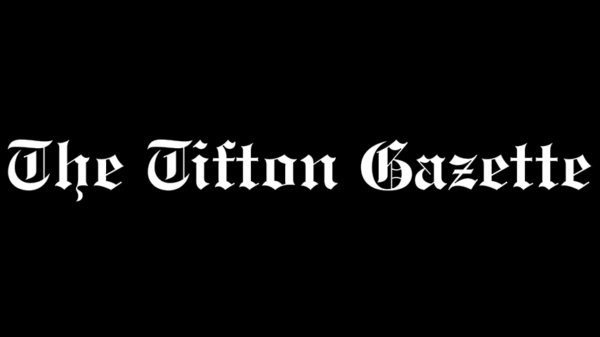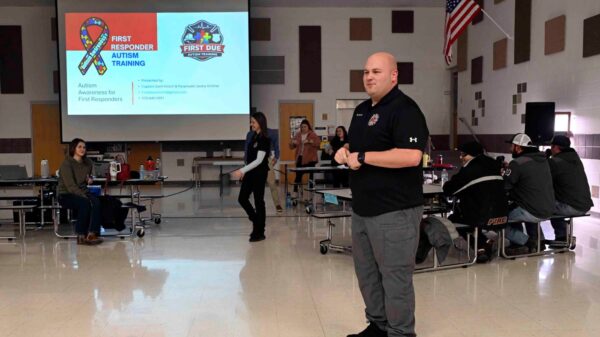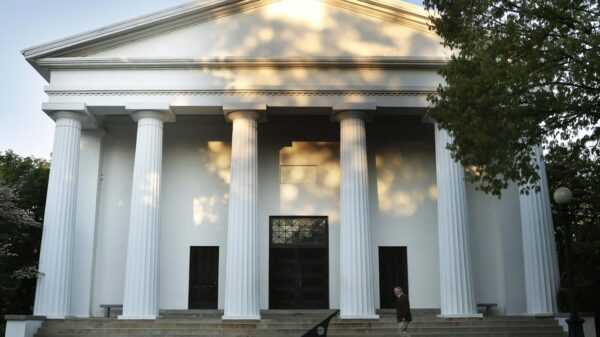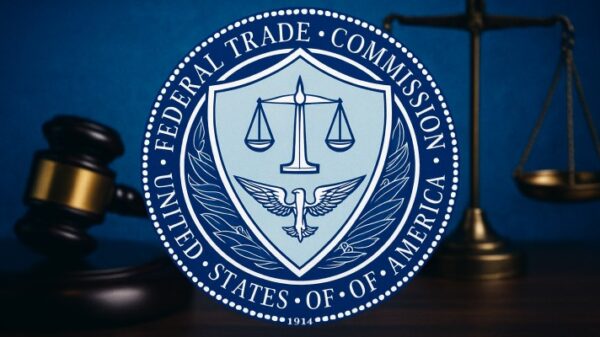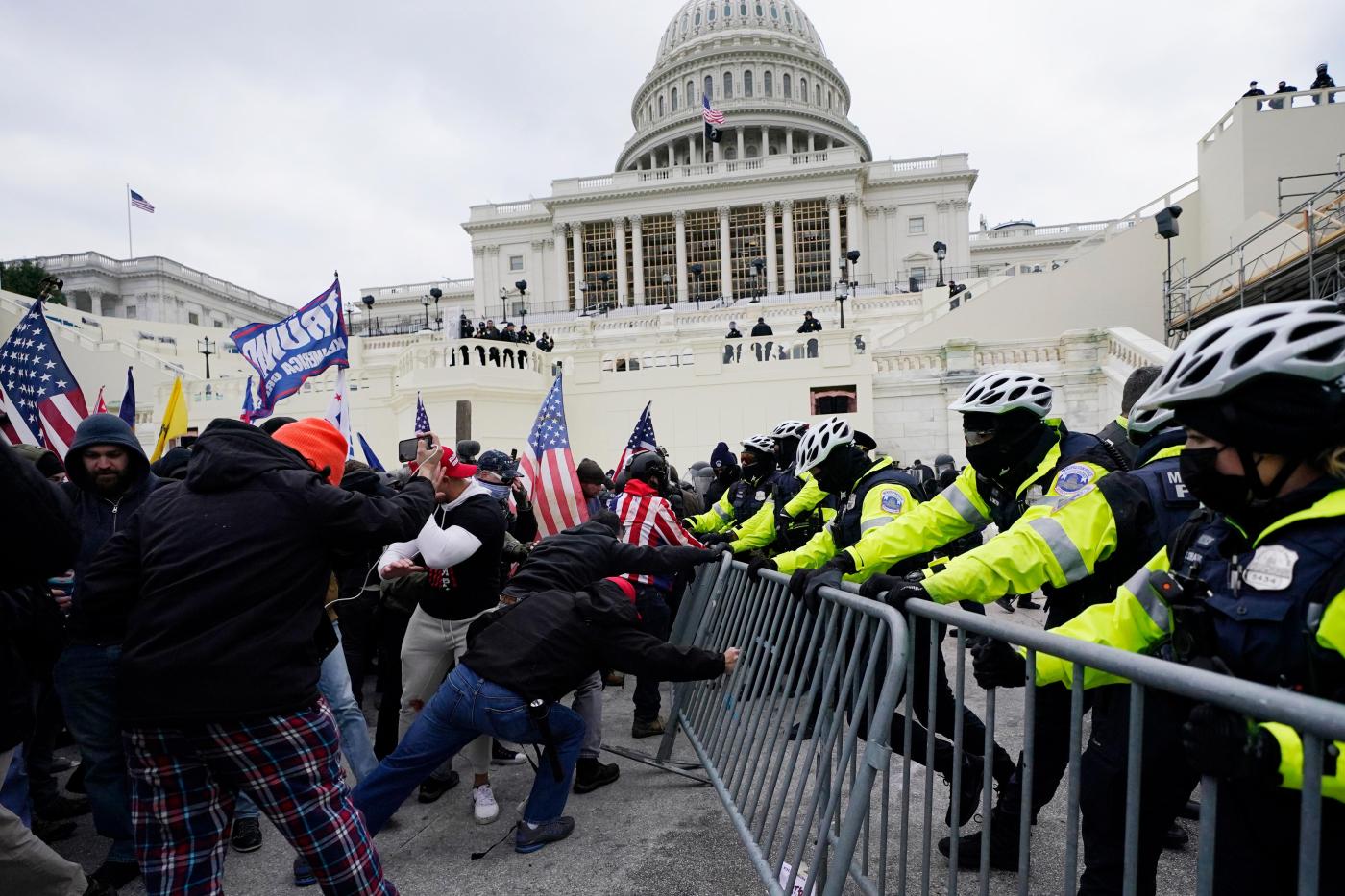During the riot at the Capitol on January 6, 2021, President Donald Trump took several hours to call in the National Guard despite witnessing the chaos unfold on live television. As rioters breached security and disrupted the certification of the electoral vote, the decision to deploy military assistance raised questions about the administration’s response time.
Reports indicate that Trump watched the events unfold for hours before making the call to activate the National Guard. This delay has been scrutinized by various commentators and political analysts, who argue that prompt action could have mitigated the violence and damage that occurred during the insurrection.
The incident has sparked a broader debate about the responsibilities of leadership during a crisis. Patrick Francis, a resident of Baltimore, expressed his concerns in a recent commentary, highlighting the stark contrast between Trump’s swift decision to send troops to Washington for protection against perceived threats and his hesitancy during the Capitol riots.
Francis remarked, “I find it interesting how quickly President Trump sent National Guard troops to Washington to make it safer from criminals, who have wreaked havoc in the city. But he watched the riots occur on television on January 6, 2021, for hours before acting to call the Guard.”
The implications of this delay have been significant. The events of January 6 not only led to extensive physical damage to the Capitol but also had lasting effects on public trust in the government and its ability to maintain order. The National Guard’s eventual deployment came only after lawmakers and government officials expressed urgent demands for assistance.
As investigations continue into the response of federal agencies during the Capitol insurrection, the timeline of events is being closely examined. The contrasting approaches to security in different contexts may inform future policies and protocols regarding emergency responses.
Overall, the incident serves as a critical reflection on leadership and crisis management, with implications that extend beyond the immediate aftermath of the riots.

